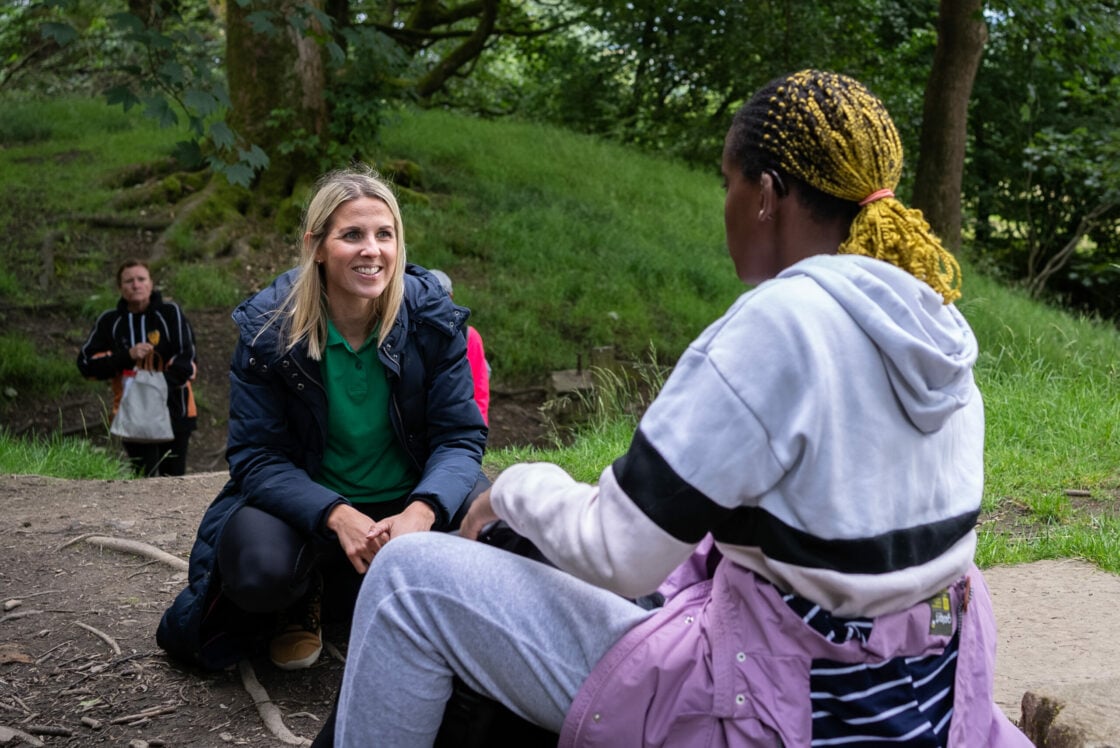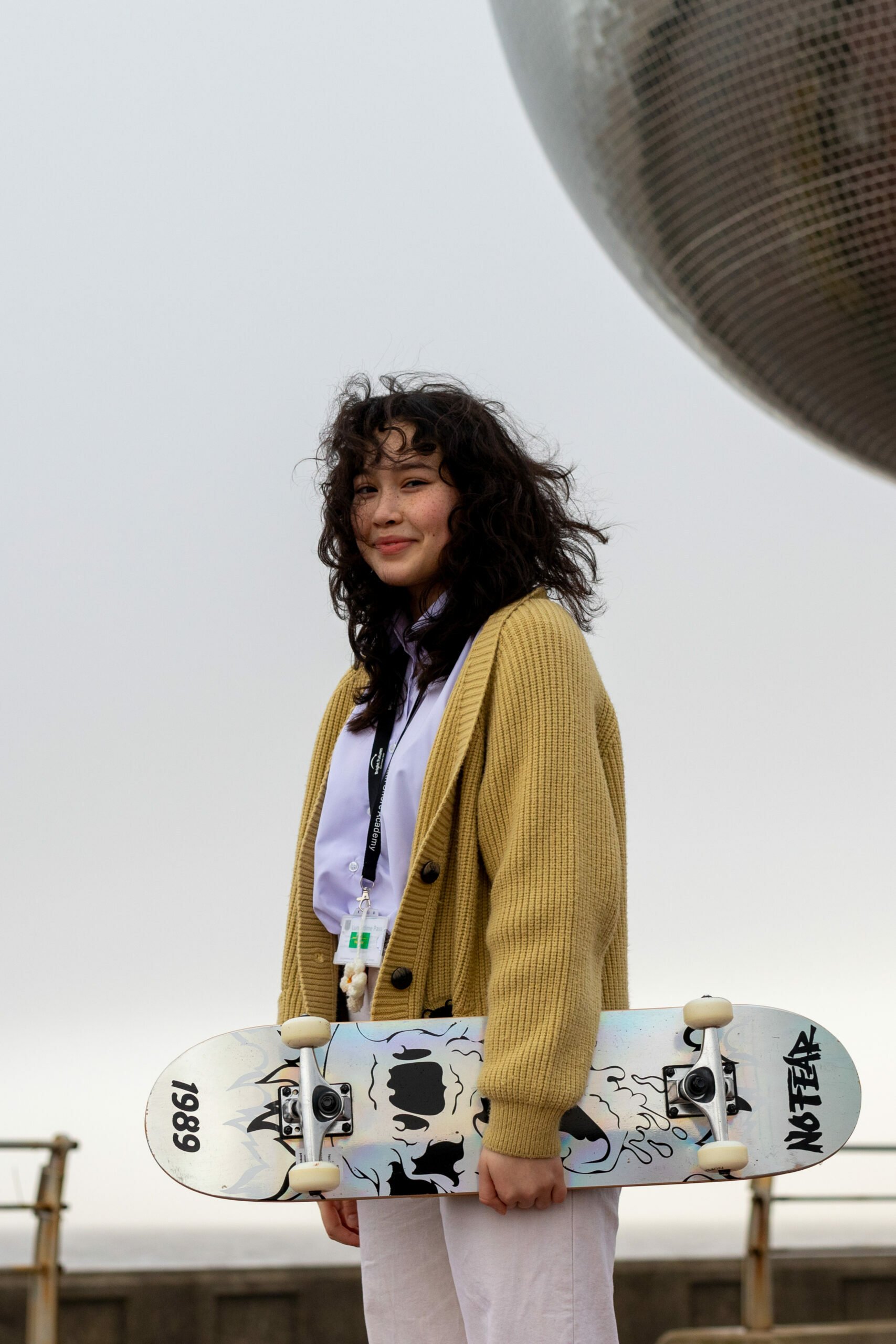What we do
DofE is open to any young person aged 14-24. Each young person builds their own DofE programmes – picking their own activities and choosing which cause to volunteer for – in order to achieve a Bronze, Silver or Gold DofE Award. The DofE is run in schools, youth clubs, hospitals, fostering agencies, prisons, sports clubs and more, all over the UK and internationally.
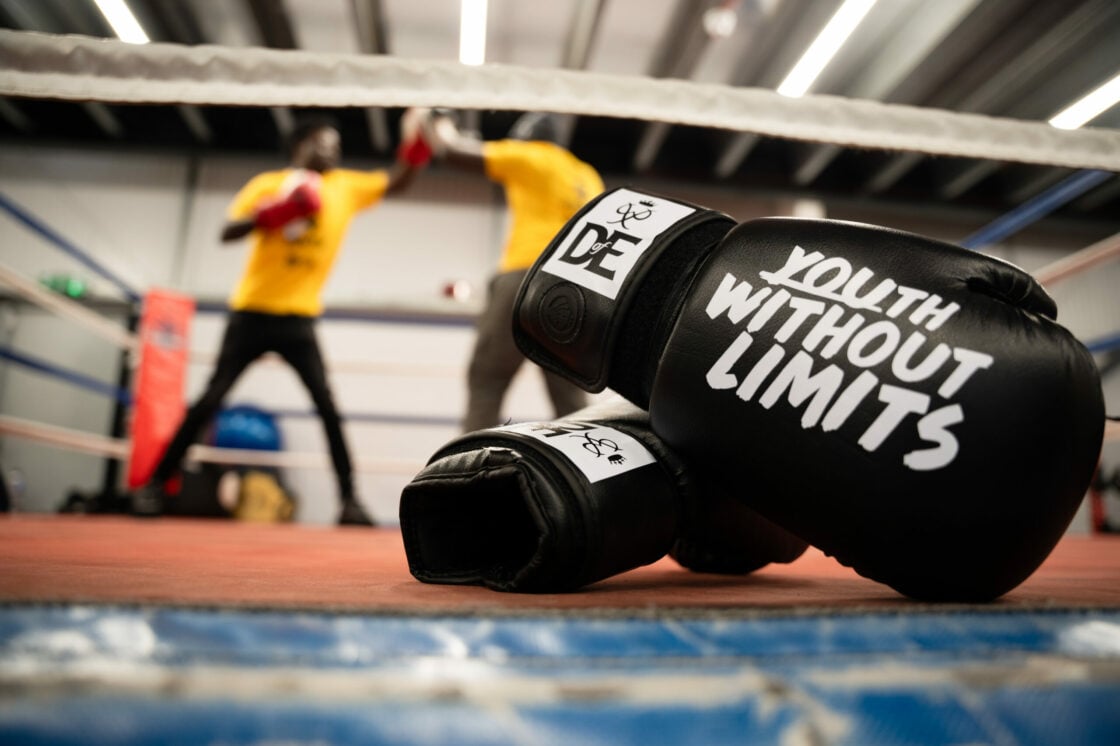
Who we are
From our DofE UK Youth Ambassadors to Trustees, our people are key to keeping the DofE innovative and accessible to all.
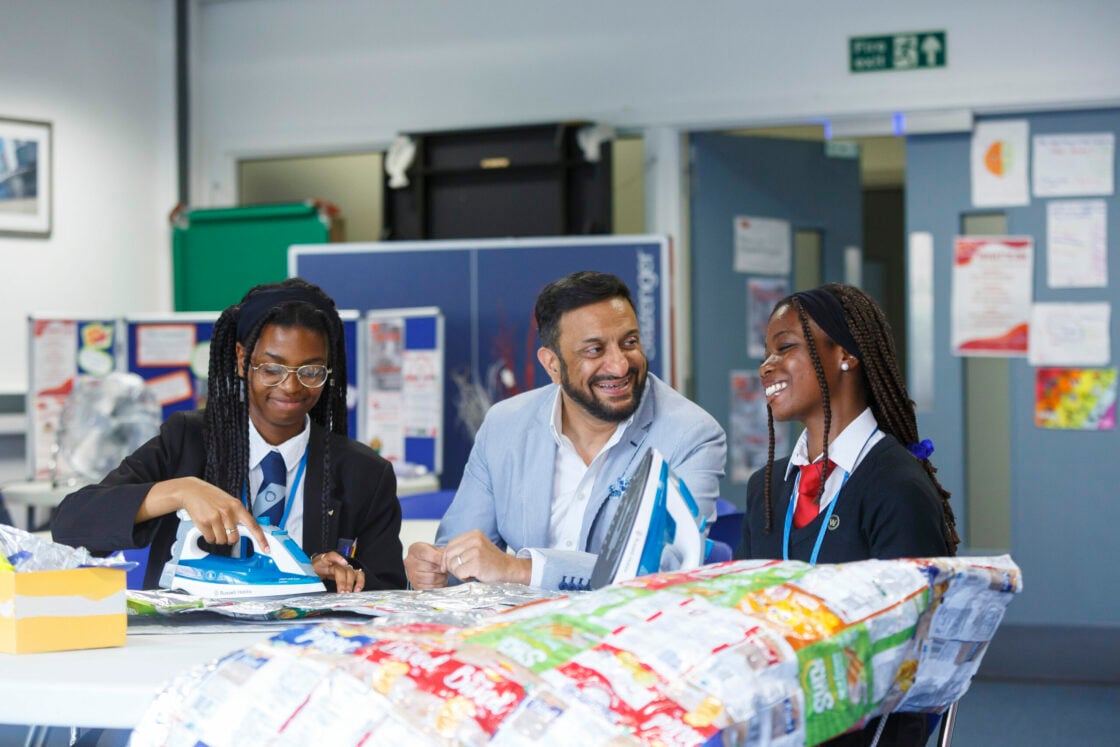
Our Impact
Every year, The Duke of Edinburgh’s Award (DofE) inspires hundreds of thousands of young people to develop skills, resilience and self-belief. Through DofE, they take on their own challenges, follow their passions, make a difference to their communities and discover talents they never knew they had.

Our story
HRH Prince Philip, The Duke of Edinburgh, first considered the idea of a national programme to support young people’s development in 1954 at the request of his inspiring former headmaster, Kurt Hahn.
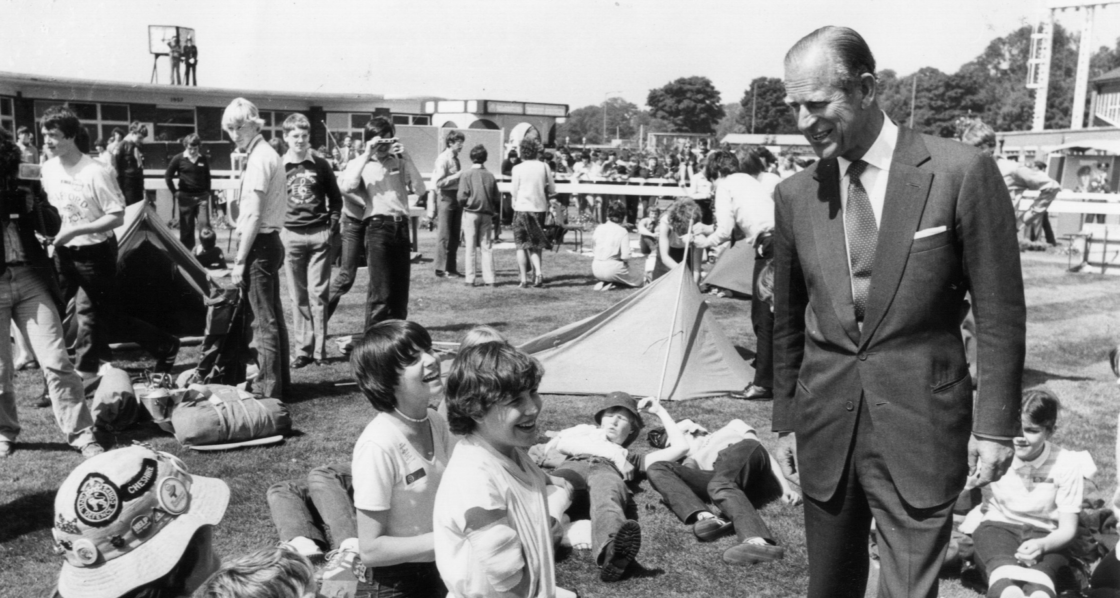
Work for us
As a charity, we aim to offer a workplace that develops people personally and professionally, supporting them to build their skills, broaden their experience, and progress in their careers. We actively promote workforce wellbeing and encourage staff to bring their whole, authentic selves to work.
